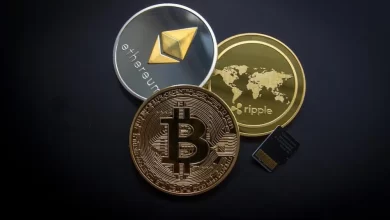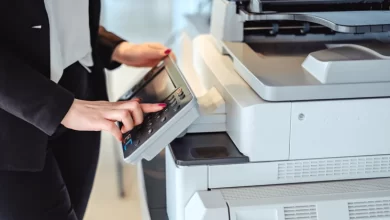Tips to Kickstart Your Sustainability Journey

Are you ready to recycle but unsure where to start? You’re not alone. A staggering 79% of recyclable materials are not being recycled, according to studies, with only 21% of materials actually making it through the process. This points to widespread confusion about recycling and sustainability. However, EverestLabs is working to clear up the confusion and help individuals contribute to a more sustainable planet.
EverestLabs, a leader in recycling technology and solutions, is helping households across the country by offering practical advice on how to recycle effectively. The company’s CEO and Founder, JD Ambati, provides several tips to ensure that your recycling efforts make a meaningful impact.
TIP #1: Avoid “Wishcycling”
One common mistake is “wishcycling”—placing items in the recycling bin with the hope that they are recyclable, even if you’re unsure. Ambati explains, “Wishcycling often leads to contamination of recyclable materials, and many items that people assume can be recycled actually cannot be processed through curbside programs.”
A key solution to this problem is education. The best way to avoid wishcycling is to familiarize yourself with the recycling guidelines in your area. Local government and waste service provider websites often list the materials accepted in curbside recycling. “It’s a simple step, but one that makes a significant difference,” says Ambati.
TIP #2: Check Before Recycling Plastic Bags
Plastic bags, also known as film plastic, are another major point of confusion. In most communities, these bags cannot be recycled through curbside programs. “Both loose plastic bags and bagged recyclables can cause problems at recycling facilities,” warns Ambati. “These materials often damage recycling equipment, leading to costly repairs and sending recyclable materials straight to landfills.”
Instead, most grocery stores or dedicated recycling locations accept plastic bags for recycling. It’s important to find a nearby drop-off point to ensure that your plastic bags are properly recycled, rather than contaminating other recyclables.
TIP #3: Never Place Batteries in Curbside Recycling Bins
One of the most dangerous items that frequently end up in recycling bins is batteries. These can pose serious fire hazards at recycling facilities, which endanger workers and damage infrastructure. “Batteries in curbside recycling bins are a leading cause of fires in recycling centers,” Ambati points out. “These fires not only put lives at risk but can also lead to facility closures, further reducing the amount of material that can be recycled.”
To properly dispose of batteries, each community has its own guidelines. Ambati suggests checking your local government’s or waste service provider’s website to find out the correct disposal methods. This may include designated drop-off locations or specialized recycling programs. By disposing of batteries correctly, you help protect workers and ensure recycling efforts can continue uninterrupted.
Start Your Recycling Journey Today
Recycling plays a crucial role in reducing the amount of waste sent to landfills, conserving natural resources, and minimizing environmental harm. JD Ambati emphasizes that starting your recycling journey is easier than you might think: “You have the opportunity to take care of the planet right from your own home. By following a few simple guidelines, you can make sure your recyclables end up where they belong.”
EverestLabs is on a mission to make recycling smarter and more efficient. By following these tips and educating yourself about your local recycling rules, you can contribute to a more sustainable future and ensure that valuable materials are being properly reused.
With a bit of effort, you can join the 21% of materials that make it through the recycling process and help push that percentage even higher. Every action counts in the fight for a cleaner planet, and it all starts with informed recycling habits.
For more tips and resources, check with your local waste services or visit the EverestLabs website to learn about cutting-edge recycling solutions.





